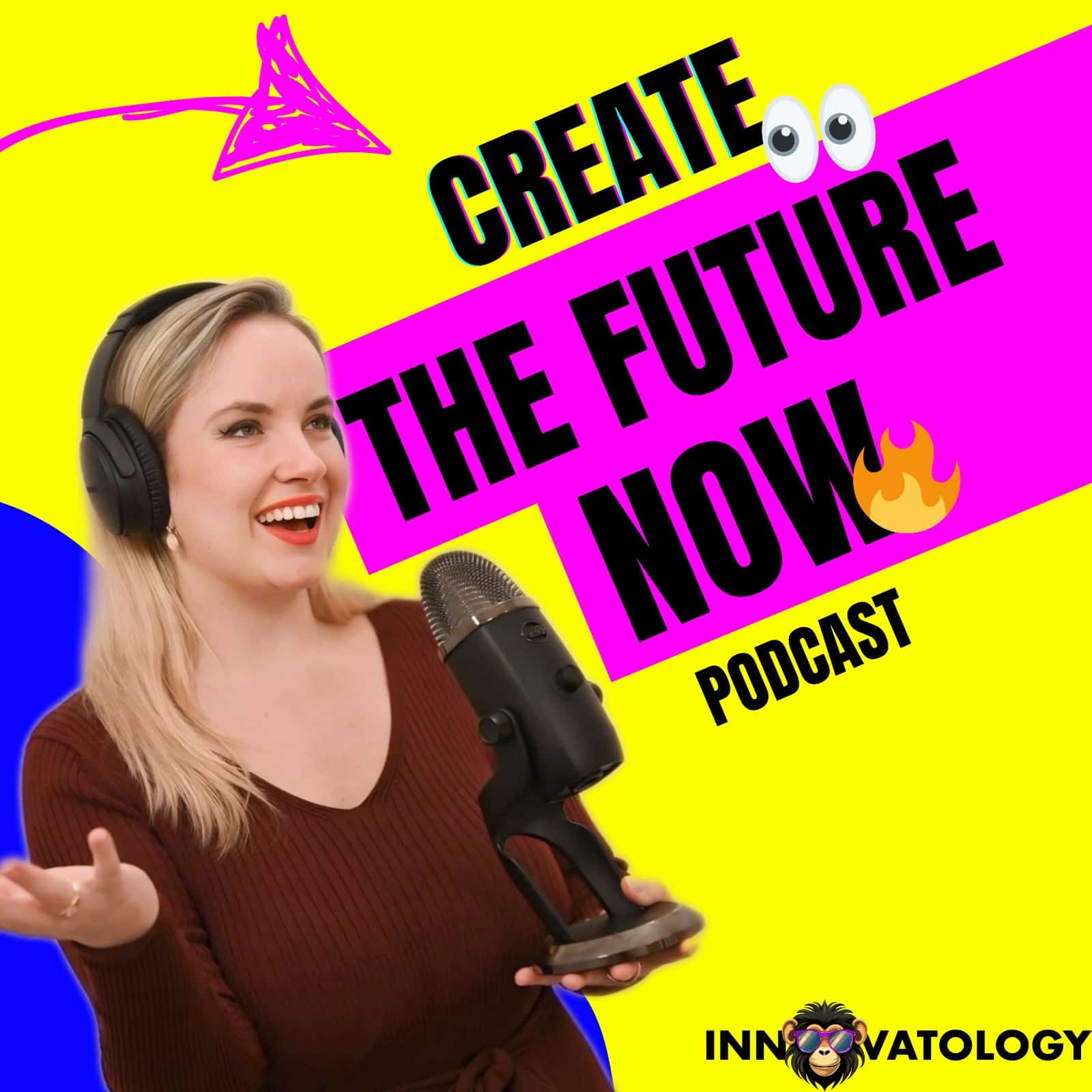In this episode, we discuss with Sam Boeve, an expert in cognitive psychology, to explore how humans and AI, including models like ChatGPT, process language. Sam shares insights from his research on how the brain interprets and develops reading skills, and we compare that with how advanced AI models from OpenAI, like ChatGPT, mimic human language understanding. We also dive into the latest AI news, including Neuralink’s first human trial, brain chips, and Elon Musk’s motivation behind advancing neural interfaces. Whether you’re interested in neuroscience, language, or the latest in AI and Neuralink, this episode unpacks the exciting intersections of cognition and technology.
Transcript;
00:00:00
All right, so hello everyone and welcome to our another Innovatology episode, Create Your Future Now. So today we are going to discuss a really interesting topic and have a really interesting discussion. But first, let me introduce Innovatology, which is a one-stop shop for the latest tech and innovations. We started with this idea because we wanted to bridge the digital gap, and we found out that there are a lot of people scared of the newest tech, such as, for example, artificial intelligence. So, for example, you can, say, hear around you with your parents or grandparents when you say the AI, that they don’t know what is it and this is totally normal because people are scared of changes.
00:00:45
But here we are to actually tell you more about the latest innovations and what is out there and that it can be used in your benefit in, for example, your personal and professional life. For your efficiency, etc. And today’s episode is about BrainGPT, Language in Brains and Machines. So I am really curious and I am here today with Cedric and Sam to discuss this more in depth. So hello, can you, Sam, introduce yourself and tell our audience more about you, what you are doing and who you are? Yes, yeah, well, first of all, thank you for having me. So I’m Sam. I’m currently doing research at Ghent University. And the main focus of my research is about how people read and the information people have to integrate during reading and how this might be different for different groups of people, such as people with dyslexia or people reading their second language, children, etc.






